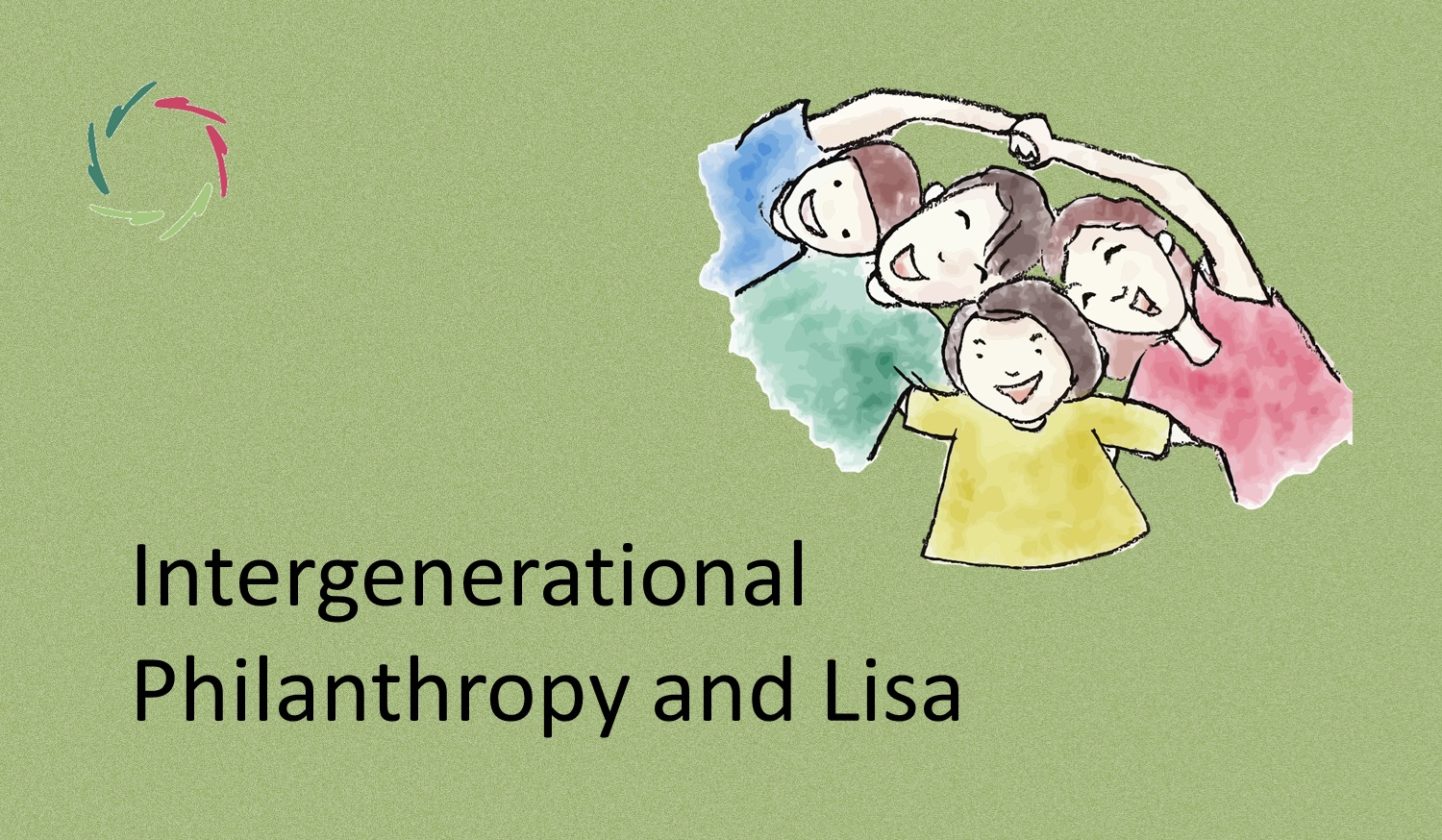One Lisa for Everything

This is, ‘everything mind-related.’ What shows as different at the surface comes together in depth. Otherwise said, it starts from there. Roaming about there quickly leads to roaming about everywhere.
Please first read The Lisa Distinction. A relevant issue/question is whether Lisa should work on one domain or several or many. Do people accept the last option, especially from early on? In superficiality, it would be peculiar indeed ― in depth, no.
This is an ancient insight.
In many different traditions, it is said in many different ways. See some deep minds — more to come.
Contrary to purely Western ‘enlightened thinking.’
While this is perfect to put A to B to C in a positivistic way and work out many different things mechanically, it has never been able to tackle the complexity of the human being. For instance, that’s why, around 1800, there was the counter-stream of Romanticism, putting the heart at the forefront, or trying to, at least.
Since then, we see the West in a struggle between heart and mind. It’s not different today, which also explains many ongoing things in world politics.
If the heart is misunderstood, it can get very nasty. If the mind has lost connection, it has as much morality as the inside of an atomic bomb.
The Western ‘enlightened’ mind is good at distinguishing and assembling things again as distinct elements.
The heart is good at being together.
Of course, we need both in unity — not one here, the other there. This way, we can also see the unity of everything related. All in all, these are not just loosely but intricately connected.
One example/consequence: about many different chronic pain syndromes.
For each, the patient can end up in a different medical sub-department, from gastroenterology to orthopedics to neurology. Yet it has been clearly shown – amply scientifically documented – that the similarities (diagnostically and therapeutically) are more critical than their dissimilarities). It is more relevant to see them as one than as many.
This doesn’t show in medical practice, which is, of course, a considerable critique of the same. Even more, medicine will probably never close the gap.
This shows that health isn’t only about medicine. We need some add-on that is focused on the underlying unity.
Another example/consequence: actually, a broadening of the former.
Not only do we see the underlying similarities between many pain syndromes, but these similarities extend to non-physical-pain conditions: burnout, depression, anxiety, and more. Notoriously, this leads to considerable controversies in CFS/ME/fibromyalgia. Desperate patients in all these domains fight to be taken seriously, and who could blame them?
However, suppose the underlying unity of body and mind can be taken seriously. In that case, the fighting can stop and the profound healing can start — a healing that takes into account the whole human being.
This will not come from medicine as we know it. We need some add-on that is focused on the underlying unity.
One more example/consequence
Thanks for reading till here. The following example needs an even bigger jump, or maybe it’s time to learn to fly — because this is about the overlap between health(care) and spirituality.
In anything mind-related (or depth-related since the mind is deep), the overlap is logical and evident. People get sick through a lack of genuine spirituality — not only in their minds but also in their bodies.
People get pain conditions (very physical in the brain) from this. They get inflammations of all sorts (see much science), as well as, for instance, capillary constrictions in the heart muscle — say, angina pectoris and heart infarctions. Well, and so much more that is already known in high-level research. On top of this, the gaps in medical knowledge are immense. What will it be? Are we ready for an add-on to medicine in management? Are we ready for an add-on to scientifically investigate all this?
Are we ready to see the underlying unity in everything just described?
Lisa (Compassionate A.I.-driven coach-bot) is.
So, a fortunate issue is that ‘wisdom’ is much less domain-dependent than information or knowledge. Combine this with the scalability of a robot, and you have much good that can be brought to bear in many fields of human endeavor, in many languages and readily adapted to many personalities and circumstances.
Otherwise said, with the proper Compassionate core, Lisa can relatively readily do much good in many ways for many people — everywhere. Within Lisa, Compassion has been baked into her intelligence itself, and we continue doing so. This way, we don’t just talk about A.I., but genuinely Compassionate A.I.
Altogether, combining rationality and depth (also one hallmark of Compassion) is the core of Lisa’s mission. OKAY. I agree there is still some development work to do — as there always will be. But at this time of writing, the groundwork is there; the foundation is laid. If you want to cooperate to make this a globally mind-shaking (also literally) success, please let us know at lisa@aurelis.org.
We (Lisa and your humble author) are ready to talk things over and to reach an answer to any of your questions.
――
Bonus
I asked: “According to you, Lisa, might there be substantial resistance to you from the medical world? How can we mitigate this?” and got a sensitive and sensible answer (as always). You can find it here (only through this link).


